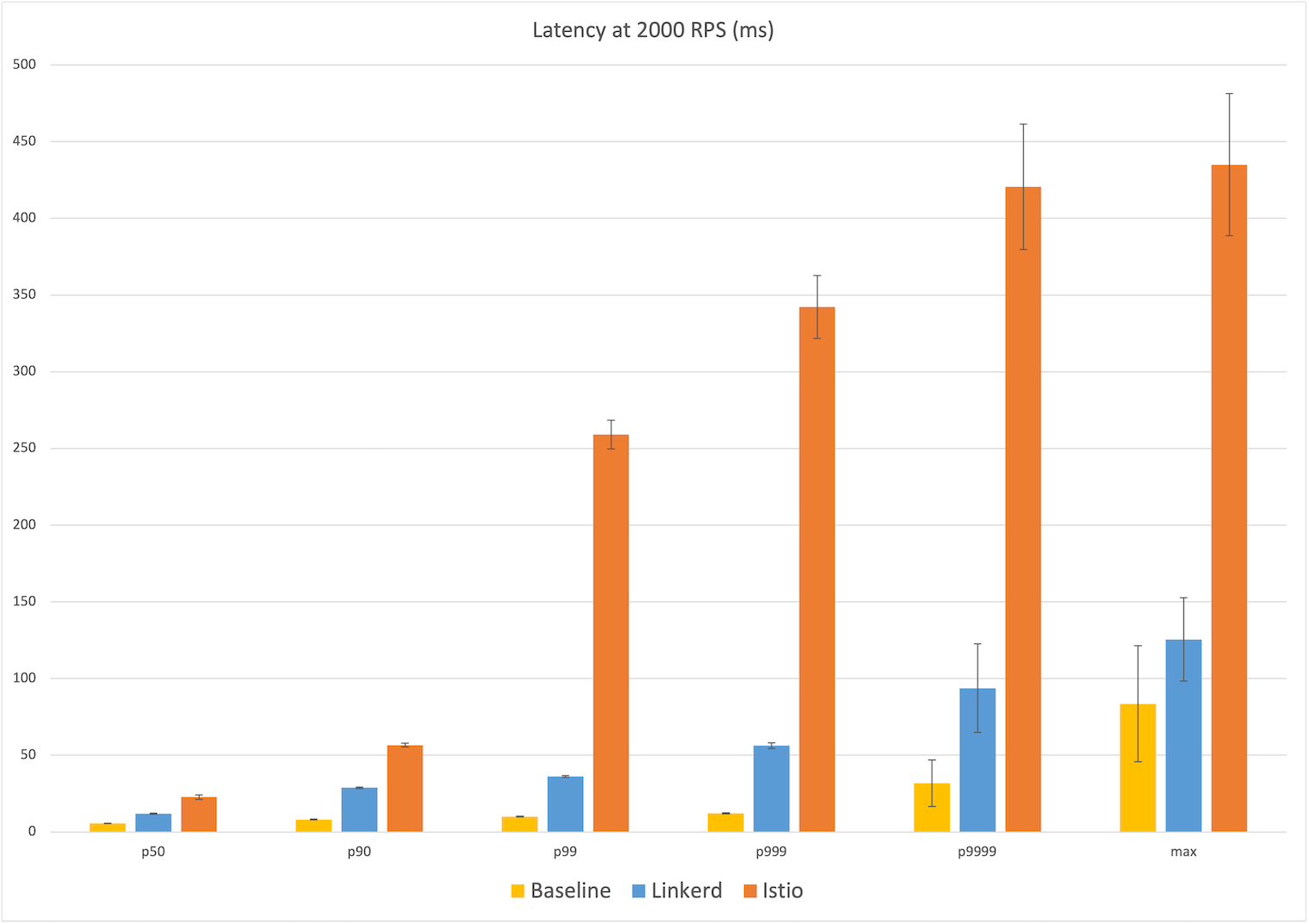Announcing automated multi-cluster failover for Kubernetes

Today we’re happy to announce the release of new automated failover functionality for Linkerd. This feature gives Linkerd the ability to automatically redirect all traffic from a failing or inaccessible service to one or more replicas of that service—including replicas on other clusters. And, as you’d expect, any redirected traffic maintains all of Linkerd’s guarantees of security, reliability, and transparency to the application, even across clusters boundaries separated by the open Internet.
Implemented as a Kubernetes operator that can be added to an existing Linkerd deployment, the failover strategy can be applied to a single cluster but is particularly useful for multi-cluster deployments. Linkerd already provides powerful cross-cluster communication capabilities that work with any cluster topology, including multi-cloud and hybrid cloud; are completely transparent to the application; are zero-trust compatible; and do not introduce any single points of failure (SPOF) to the system. To this feature set, the new failover operator now adds automation, allowing Kubernetes users to configure failure conditions under which Linkerd will automatically shift traffic between one or more services.
In true Linkerd fashion, this new functionality introduces a minimum of new machinery, instead building on top of existing Kubernetes and service mesh primitives such as health probes and Service Mesh Interface TrafficSplits. This new operator rounds out Linkerd’s existing reliability features, providing a complete solution for ultra-high-reliability deployments that covers:
- Failure of individual nodes: handled via retries and request balancing
- Failures due to bad code changes: (handled via canary deployments)
- Failures due to service unavailability in general: handled with the failover operator
- Failures due to whole-cluster outages: handed with the failover operator
Getting started
The operator is available as a standalone project, but requires the latest Linkerd edge release release to work. The operator will also work with in the upcoming 2.11.2 point release, expected within the next few weeks.
Want to give it a try right now? Head over to the linkerd-failover repo and follow the instructions there, or install via Helm:
# Add the linkerd-edge Helm repo if you haven't already
helm repo add linkerd-edge https://helm.linkerd.io/edge
# And the linkerd-smi extension
helm repo add linkerd-smi https://linkerd.github.io/linkerd-smi
helm repo up
# Install linkerd-smi and linkerd-failover
helm install linkerd-smi -n linkerd-smi --create-namespace linkerd-smi/linkerd-smi
helm install linkerd-failover -n linkerd-failover --create-namespace --devel linkerd-edge/linkerd-failover
Then, configure service failover by applying the
failover.linkerd.io/controlled-by: linkerd-failover label to an existing
TrafficSplit. For example:
apiVersion: split.smi-spec.io/v1alpha2
kind: TrafficSplit
metadata:
name: sample-svc
annotations:
failover.linkerd.io/primary-service: sample-svc
labels:
failover.linkerd.io/controlled-by: linkerd-failover
spec:
service: sample-svc
backends:
- service: sample-svc
weight: 1
- service: sample-svc-remote
weight: 0
In this example, traffic to sample-svc service will automatically failover
from the local cluster to the replica in the event of total health check
failure. It’s as simple as that!
We’d love your feedback on this exciting new feature for Linkerd. The initial operator implementation covers the basics, but there’s lots more to come. Check out our initial roadmap (soon to be moved to the main linkerd2 repo) and give us your feature requests, bug reports, and any other feedback!
Linkerd is for everyone
Linkerd is a graduated project of the Cloud Native Computing Foundation. Linkerd is committed to open governance. If you have feature requests, questions, or comments, we’d love to have you join our rapidly-growing community! Linkerd is hosted on GitHub, and we have a thriving community on Slack, Twitter, and the mailing lists. Come and join the fun!
(Photo by Ray Harrington on Unsplash.)






